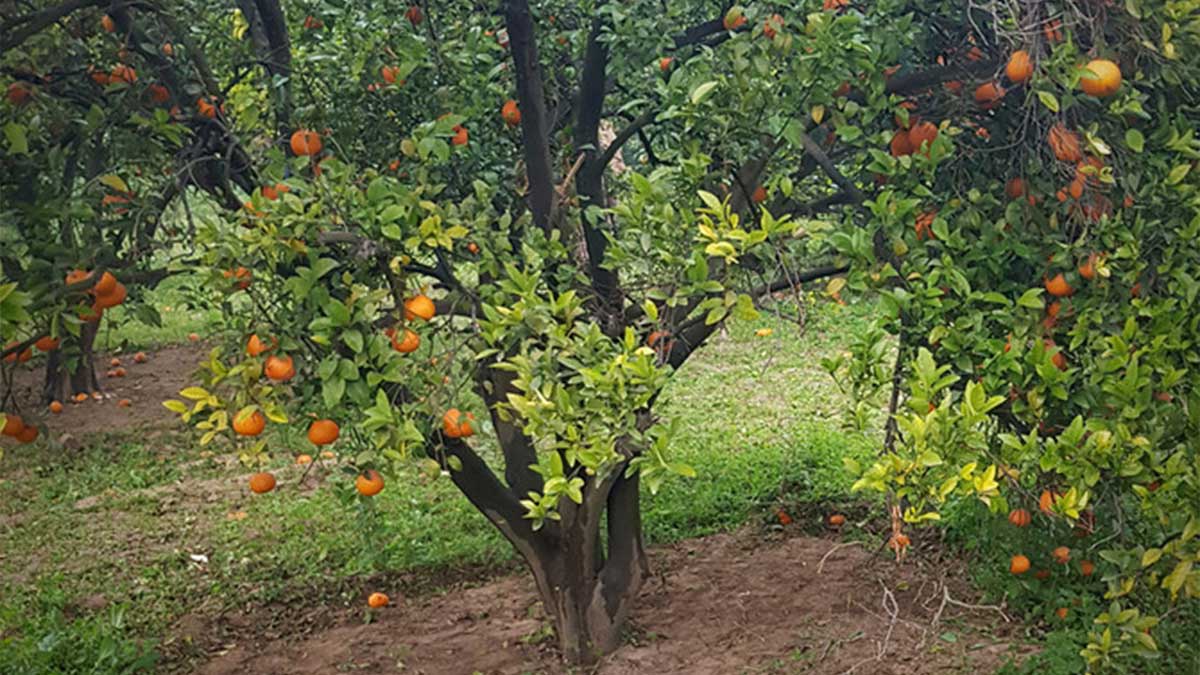Greater shipping charges, absence of refrigerated containers, and substandard quality of the crop are trouncing the Kinnow export this season.
According to the exporters, either frozen containers are unavailable or their freight expenses have doubled and tripled, rendering the fruit pricier and resulting in a drop in its trade in foreign markets. The mandarin is disseminated to the Middle East, the Far East, Ukraine, Afghanistan, Russia, Sri Lanka, and some European destinations.
Shaukat Basra, a citrus exporter, worries that the trade of the fruit will descent about 50 percent this season due to its high cost and poor quality.
However, last year, Kinnow export raised at over 450,000 tonnes, on the other hand, this season it may not exceed the 250,000-tonne mark, according to the orders received from overseas up to now, he says.
“Contrary to our expectations, there are no orders from neighboring China too, where 80 tonnes of mandarin had been exported last year.”
Read More: Kinnow exporters hit by import tax increase by Taliban
“We’ve reduced the export price from $4.5 per kg last year to $4 this year to absorb some of the hikes in freight charges and make the fruit affordable in foreign markets, but this tactic is also failing to find buyers,” he said
Moreover, Mr. Basra criticized the lack of refrigerated containers and the rise in the shipping shipment time because Covid-19 connected restrictions are rendering export more difficult. The problems have been elevated with PM’s Adviser on Commerce Abdul Razak Dawood and the secretary of commerce, but all in vain, he adds.
He mourned the decreasing quality of local Kinnow crop, as canker and blemish marks on the fruit skin are deteriorating its cosmetic beauty and demand of the customers.
While replying to a question about the claims of agriculture scientists for the development of seedless citrus varieties, Mr. Basra, who is also head of the Sargodha Chamber of Industry and Commerce, stated that these diversities seem only on paper, but failed practical tests.





















